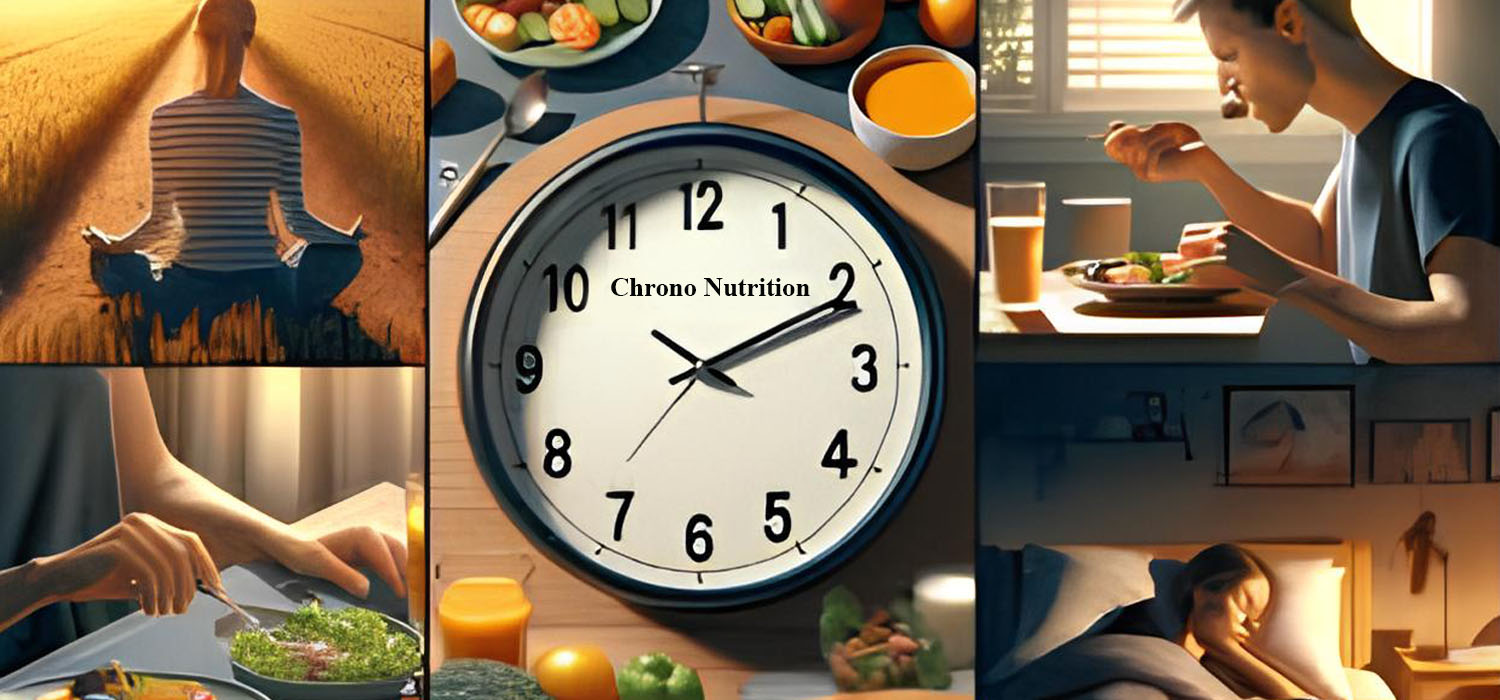Timing is Everything: Unveiling the Science of Chrono Nutrition
What is chrono nutrition?
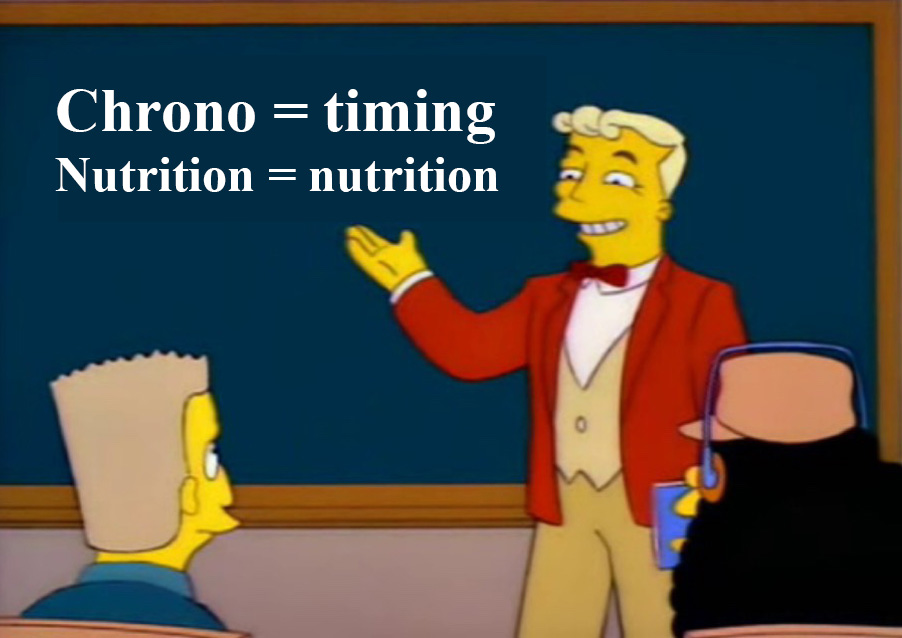
Chrono nutrition is the science of how timing of the nutritional intake affects the body’s metabolism and the health of the person. It is an emerging field where the relationship between eating patterns, time of the day, circadian rhythm and metabolic health is studied. Researchers are trying to understand if time restricted calorie consumption affects a person’s health and if chrono nutrition can improve the health of human beings.
What is circadian rhythm?
The Earth completes its single rotation in 24 hours producing a cycle of day and night which is called the circadian rhythm. Many organic life forms on earth have adapted to this process and developed a biorhythm that is synchronized with Earth’s rotation. Everyone’s body has an internal biological clock which co-ordinates the person’s mental and physical systems thereby regulating sleepiness and alertness. This internal clock is highly influenced by the daylight and night.

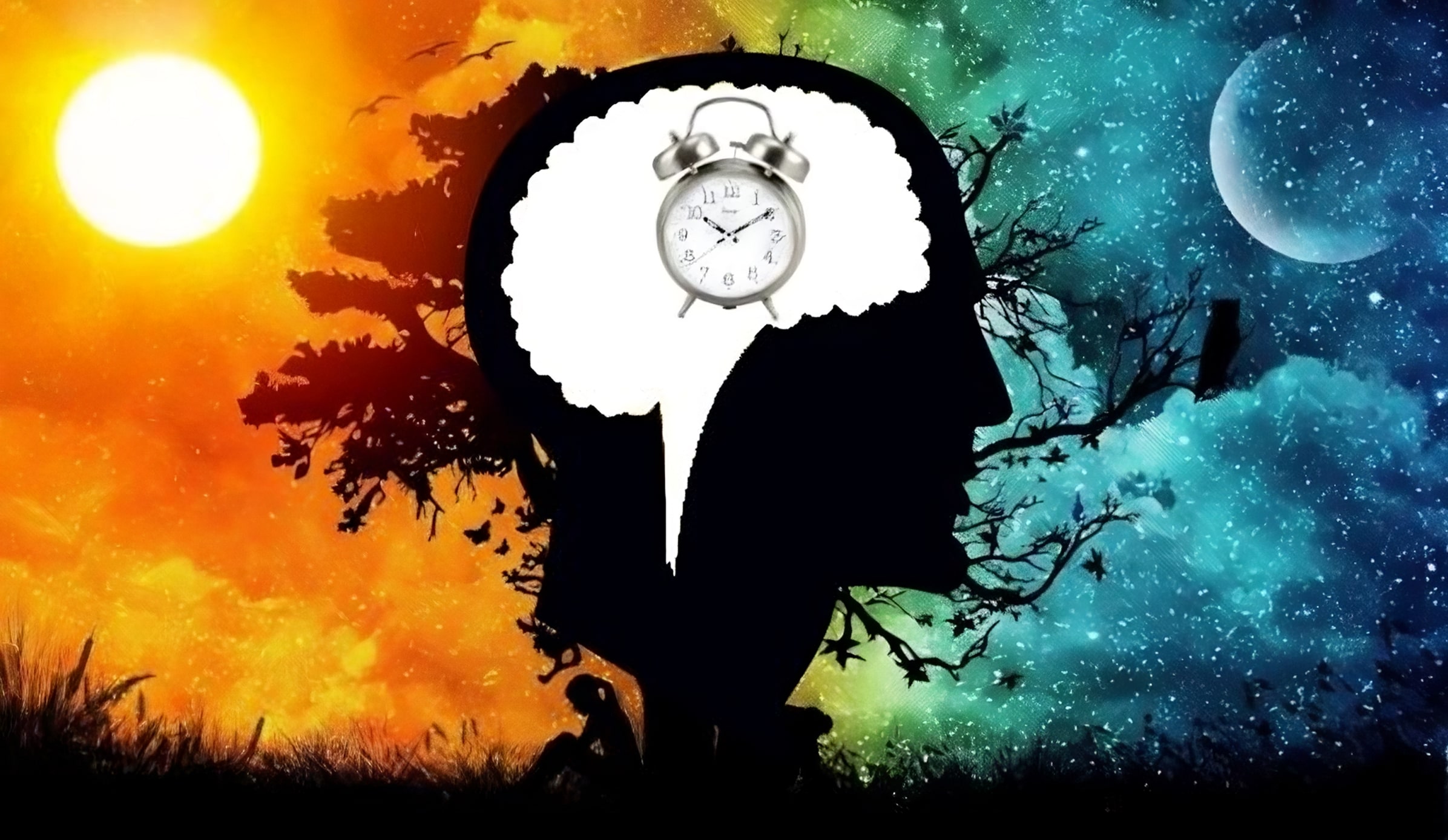
What does circadian rhythm do to us?
In humans, circadian rhythm influences the internal master clock which is in the brain. The internal clock in the brain is particularly located in the suprachiasmatic nucleus of the hypothalamus. It is overly sensitive to light, which acts as an external cue and influences the signals sent from the suprachiasmatic nucleus throughout the body. This internal clock can be affected by other factors such as exercise, temperature, stress etc, however, light is the most potent influencer.
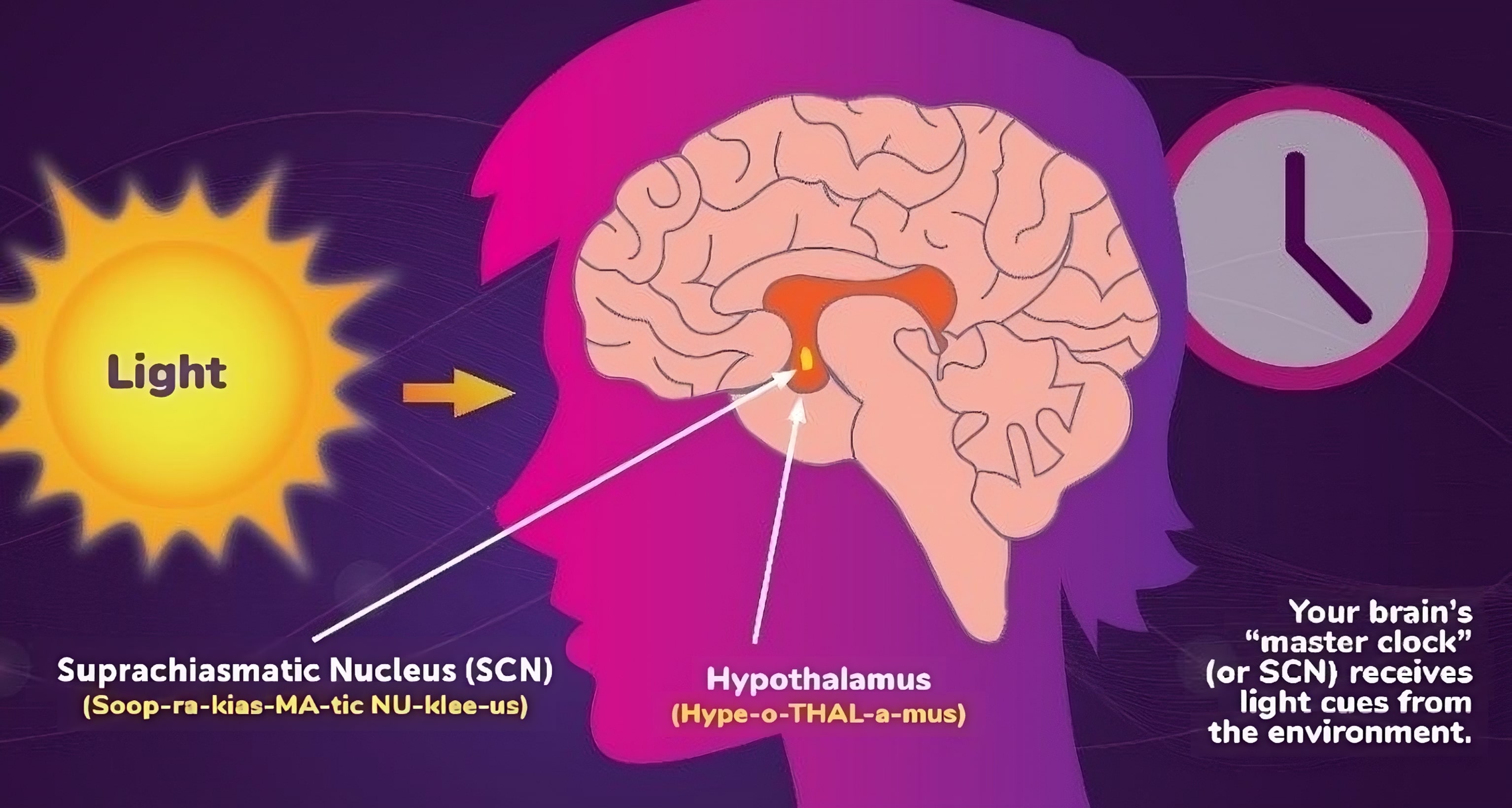
What are the regulators of circadian rhythm?
The mammalian circadian clock is present in every cell in the human body. However, the SCN in hypothalamus acts as master clock/ master regulator which influences peripheral clocks which are present in organs such as liver, muscles, intestine, heart etc. The SCN consists of approximately 20,000 neurons which function as a group as well as at a single cell level. Some of the genes involved in the molecular mechanism of circadian rhythm are BMAL1, CLOCK, ROR, REV-ERBα etc. Based on the various times of the day, different genes are activated in the brain which sends out signals throughout the body and regulates metabolic health of the person.
What is synchronous Chrono-nutrition?
Aligning meal timing and nutritional intake with the body’s natural circadian rhythms is synchronous chrono nutrition. Ideally, sleep/wake cycle and feeding/fasting cycle are synchronized to the light/dark cycle. Synchronous chrono nutrition is important for proper functioning of metabolic system. However, disturbances such as night shifts, night travel, late night snacking in long run disrupts the circadian rhythm and accelerates disease progression.
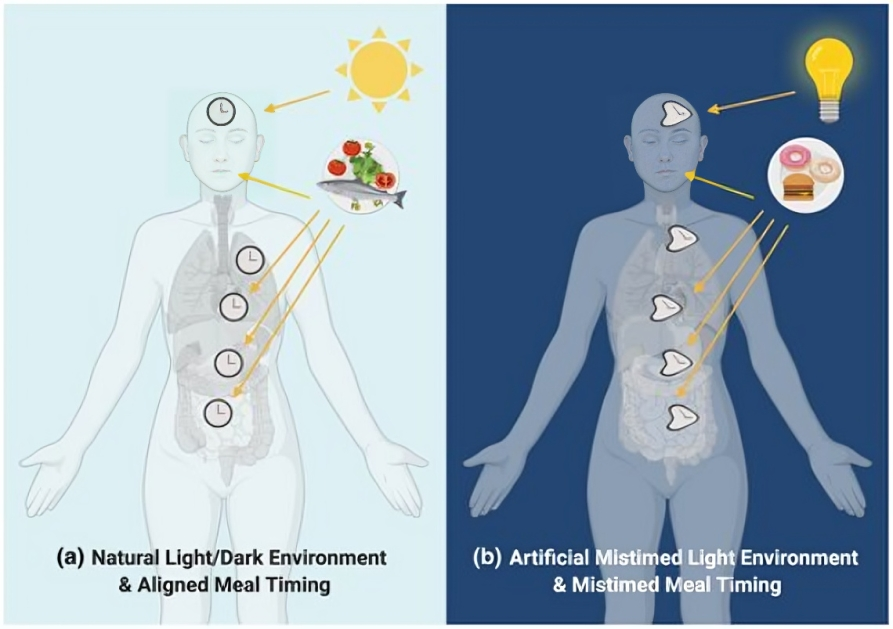
What is asynchronous chrono-nutrition?
The demand of modern life promotes an unhealthy lifestyle such as artificial lighting, shift work, jetlag, and energy dense food. These unhealthy lifestyle causes abnormal eating pattern and sleep disturbance. When there is asynchronicity between our biological clock and environmental clock it is called chrono disruption or asynchronous chrono-nutrition. Disruptors of circadian rhythm can lead to various metabolic disorders such as obesity, diabetes, cardiovascular disorder, hypertensionetc.
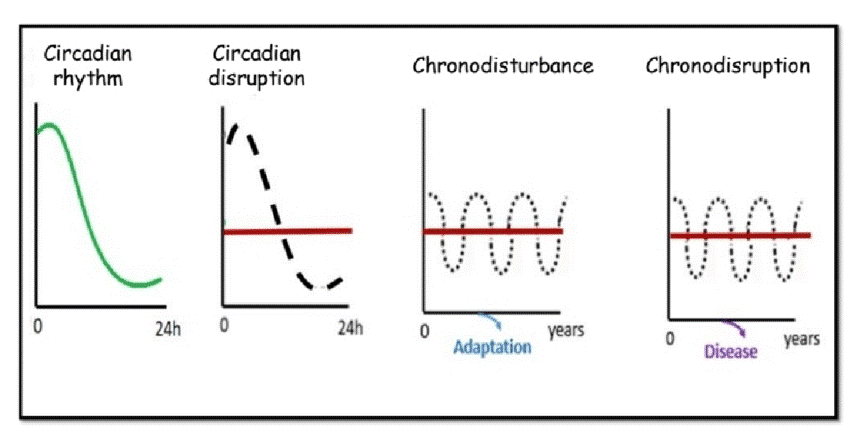
How can chrono disruption affect human beings?
Chronic misalignment of circadian rhythm or chrono disruption can affect people of all genders and ages. It can increase the risk of fertility issues in both the genders, miscarriage, type 2 diabetes mellitus, obesity, stunting of growth in children, neurodegenerative diseases and many more.
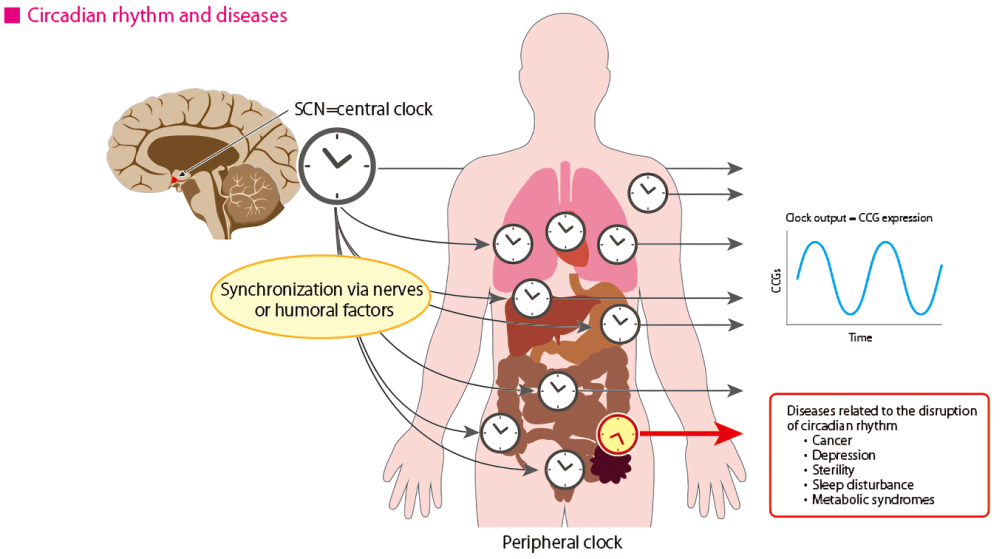
What are different chronotypes?
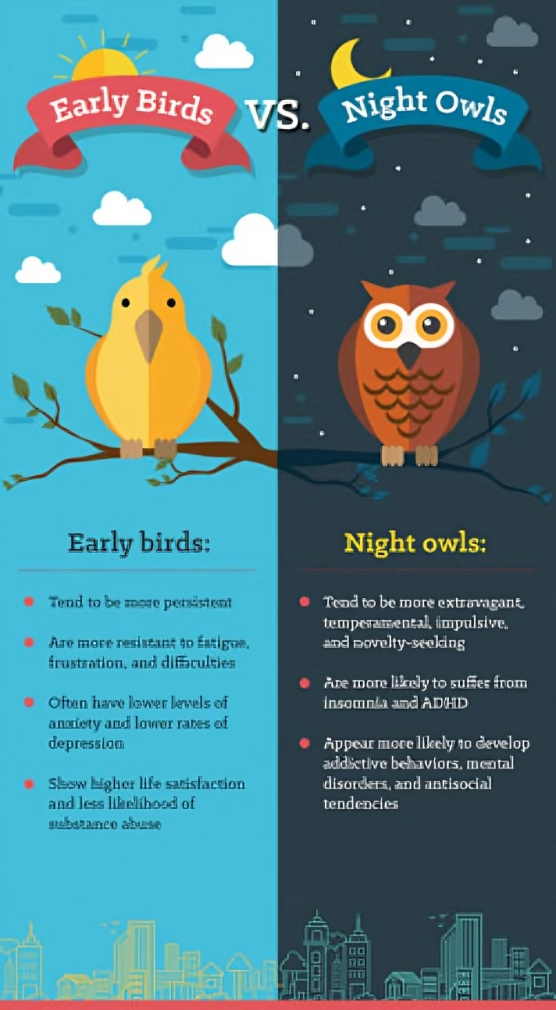
Although our biological clock is entrained by the light and dark cycle in a period of 24 hours, there are interindividual differences in the biological circadian rhythm. Based on the feeding behaviour such as meal regularity, frequency and timing, people can be distinguished into early chronotypes and late chronotypes. It has been observed that the morning chronotypes prefer activities in the beginning of the day whereas the evening chronotypes prefer activities in the late afternoon or evening. Studies have shown that late/evening chronotype people are associated with unhealthy food consumption, meal skipping, binge eating and with also have increased risk of metabolic disorders. However, early/morning chronotypes have been associated with better mental and physical health.
Conclusion:
Hence, Chrono nutrition could have significant effects for people who want to reduce the occurrence and burden of chronic metabolic diseases. As diet is one of the synchronizers of our biological clock, abnormal feeding pattern induces unhealthy consequences. Timing of food intake during the day light time rather than night or evening time could be a crucial method to promote and maintain metabolic health.
If you are interested in learning more about the chrono nutrition and latest research in this field, enrol in our Fellowship in Reproductive Medicine program at Medline Academics.
